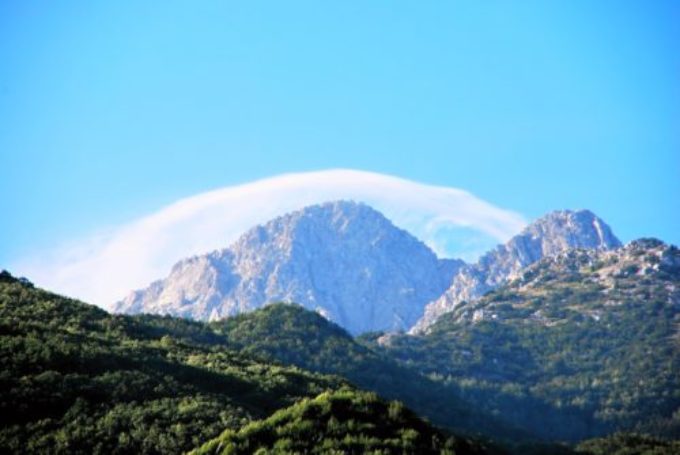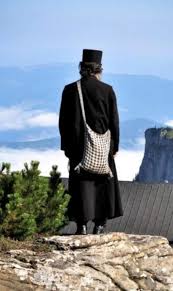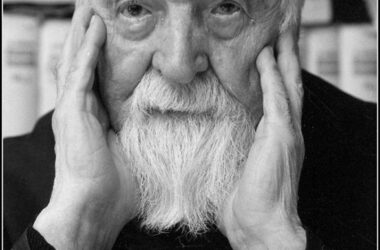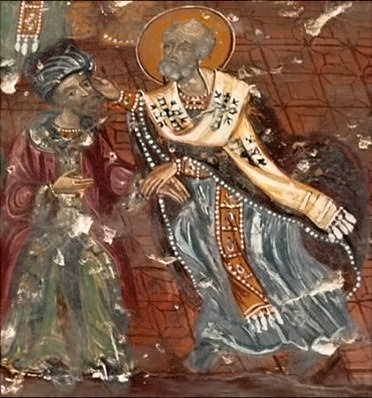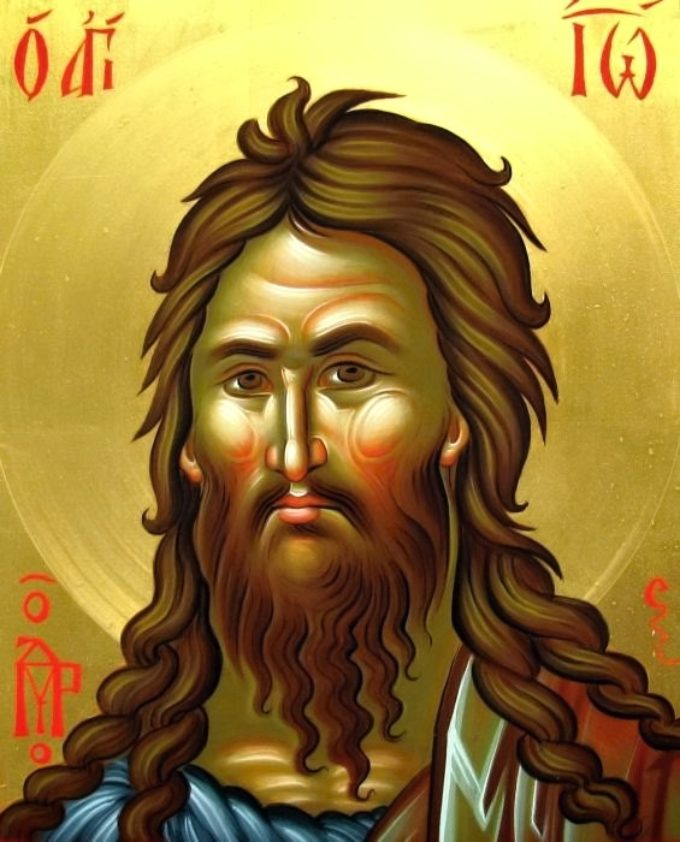An elder said: Today in the Holy Mountain there are many people, roads, modern things that didn’t exist before.
In those times there were footpaths and pavement and the monk walked to all the places they wanted to go. Those who had work made by themselves carried it on their backs to Karyes for selling it. Peace reigned everywhere. There were many monks and a few worshippers.
What has changed us is the increased number of worshippers and the modern worldly things. The word worshippers is not fit for nowadays. You usually find only a few worshippers and the rest are all tourists. They seemingly come for blessing, but because here things are cheap, they say to themselves, let’s go to the Holy Mountain.
Before in the Holy Mountain it was forbidden for the worshipper to enter with short sleeved or sleeveless shirts. They sent you out if you did not have long sleeves. The same thing happened if you had long hair. They went to the Holy Community and if someone had an inappropriate appearance, they sent him back with the next ship. Now even in front of the Protaton, in front of the Supervisory Committee (Hiera Epistasia) there are sleeveless laymen. Today the visitors don’t go to the Supervisory Committee and are not controlled.
Long time ago here at Karyes all the cells were dwelled by important elders. All the representatives lived at their mansions and at the Protaton the pews were filled by elders with white beards that inspired respect.
At that time the Supervisory Committee had power and order reigned everywhere. If there occurred any disorder we informed the Supervisory Committee and they acted immediately.
When I came to become a monk, fifty years ago, I had been having a year as a novice, but I hadn’t gone yet to the market from Karyes. At that time the novices and the young monks didn’t speak. They did their work and fulfilled their tasks in silence and they didn’t utter a word. How dared you talk then? While today you find talks everywhere. The monks of today don’t have anymore patience.
I remember that aforetime someone used to go to a monastery, to a cell. He tried then stayed. He didn’t leave, he stayed till the end. Of course they faced temptations, but they had patience. Today at the slightest temptation they leave. Then they take an abandoned cell, they roam the world and collect money, they repair it and they make their own life. But this is not monastic life.
Our days are short and we shall leave. But I don’t think the situation will change, it wouldn’t get back to what it was before. We are heading to something worse. You, the young monks, should be patient and obedient as much as you can, cause these things began to disappear from the monks of nowadays.
In 1961 in Karyes there was no car. Now their number increased and we lost our peace. We lost our piety and our spiritual life. Unfortunately now the love, the mercy and the justice of yore have disappeared.
There is no more authentic monastic spirit. Even if someone had a shortcoming, you noticed it. Today we hide and we pretend that we are saints.
A while ago the shops waited till the Holy Liturgy was over and then they opened till noon. In the afternoon they were close. This was a concession, it is mentioned in the Regulations of the Holy Mountain. At that time there were many workers in the forest and there were no cars to come and buy.
The workers came on Sunday at the Protaton, attended the Holy Liturgy and then they bought what they needed and went to their huts from the forest.
A while ago the young monks were not allowed by their starets to get out of their cells. Only on Sundays they went to the religious service from the Protaton and at the procession that was made with the icon Axion Estin. When there were the
feasts at the celebration of 1000 years from the foundation of the communal life in the Holy Mountain, the young monks didn’t get out of the cell.
This harshness towards the young monks was coming out of love, in order to protect them and teach them the monastic life, in order to make them get a good standing. Today we are shocked by the boldness of the young monks. A while ago at the liturgies we made at our cells, we didn’t speak at the supper we had at their end. The young monk must speak little, listen more and never express his opinion. But today it happens quite the contrary with the young monks.
Excerpt from the book From the ascetic and hesychast tradition of the Holy Mountain – Evanghelismos Publishing House, 2016

